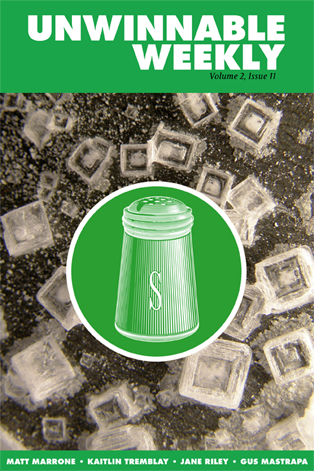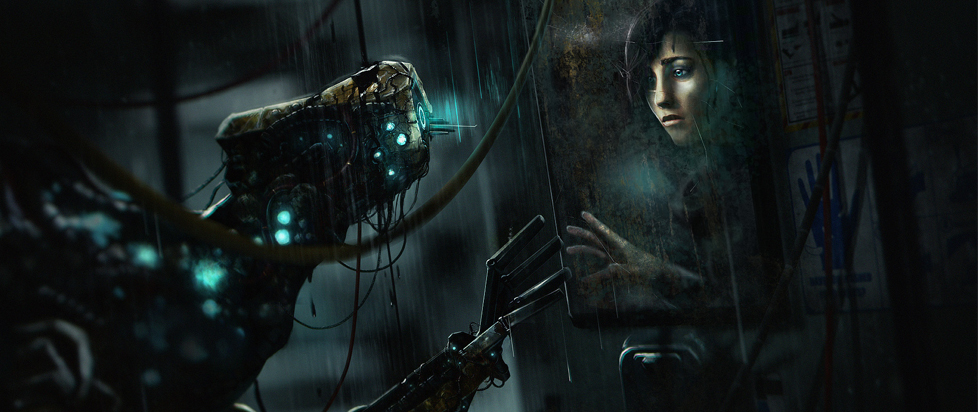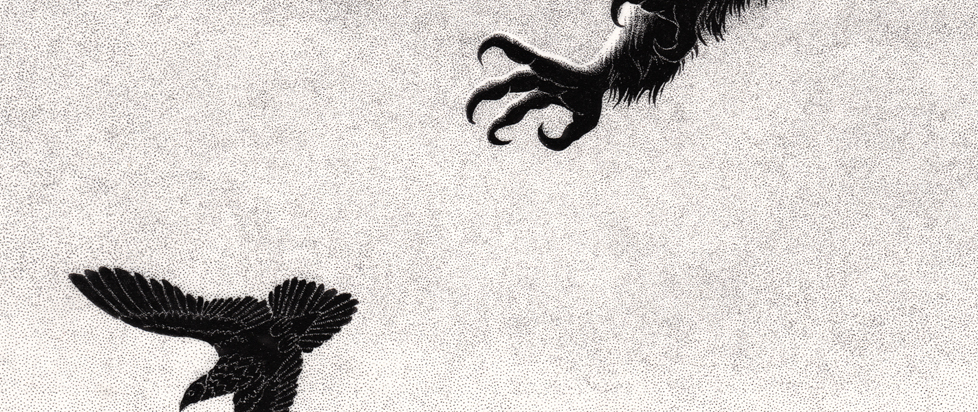
The Horror of Being Human
Our definitions of what it means to be human tend toward the problematic and exclusionary at best. Yet, when confronted with something fearsome, something we cannot possibly comprehend, we cling to these notions.
Michael Myers appears human, but is monstrous. He cannot be killed like a human and his lack of humanity is signified in his mask, a stoic visage that hides his human face and consequently signifies he is different than us – he is not human. Same with Jason and his hockey mask or Freddy and his transformed fingers and scarred skin. Some of the most memorable monsters in horror films are humans robbed of something unspecified that makes them human, and their iconic appearance represents a subtle shift from a normative, human body to a non-normative, monstrous one.
In Resident Evil, particularly Resident Evil: Code Veronica, there is a visible transformation from human to monster via appearance – particularly with Alexia Ashford. Through old family films, we are introduced to Alexia as the mainstream ideal: blonde, charming, well-bred. Yet the Alexia the player meets is far from this: she is a mutated, fearsome monster, a representation of both the loss of humanity and how this loss is a human-made construct. Alexia becomes monstrous through the T-Virus, a product of scientific progress, the same virus that created the hordes of zombies.
 Alexia marks an important part of what makes Resident Evil such a good horror franchise: she is no longer fully human and it is somehow humanity’s fault. This basic fear is the overriding horror in Resident Evil (and arguably the best horror films, books and games). What the zombies in Resident Evil show is this dehumanization through the loss of one’s body.
Alexia marks an important part of what makes Resident Evil such a good horror franchise: she is no longer fully human and it is somehow humanity’s fault. This basic fear is the overriding horror in Resident Evil (and arguably the best horror films, books and games). What the zombies in Resident Evil show is this dehumanization through the loss of one’s body.
But to only look at the horror behind a physical dehumanization is missing the full picture. Resident Evil’s domain is a physical fear: what do we become when our physical bodies are transformed beyond that which is “normal?” This is where a franchise like Silent Hill comes in. While the monsters in Silent Hill are essentially just extreme modifications or adaptations of human bodies, the true fear in Silent Hill comes from what can happen when someone loses control of their mind.
That’s why, rather than pit Silent Hill and Resident Evil against each other in a debate over which is the greater horror franchise, we should discuss them in tandem, as two sides of the same coin. Both represent the ultimate fear of losing whatever it is that makes us human. Resident Evil shows us what can happen when we lose control over our bodies and, conversely, Silent Hill shows us what happens when we lose control over our minds. Instead of being rivals, Resident Evil and Silent Hill pick up where the other leaves off in terms of conveying the ultimate fear possible: what happens when we no longer are classified as “human?”
You’ve been reading an excerpt from Unwinnable Monthly Issue 63.
To read the article in its entirety, please purchase the issue from the shop or sign up for a subscription to Unwinnable Monthly!





